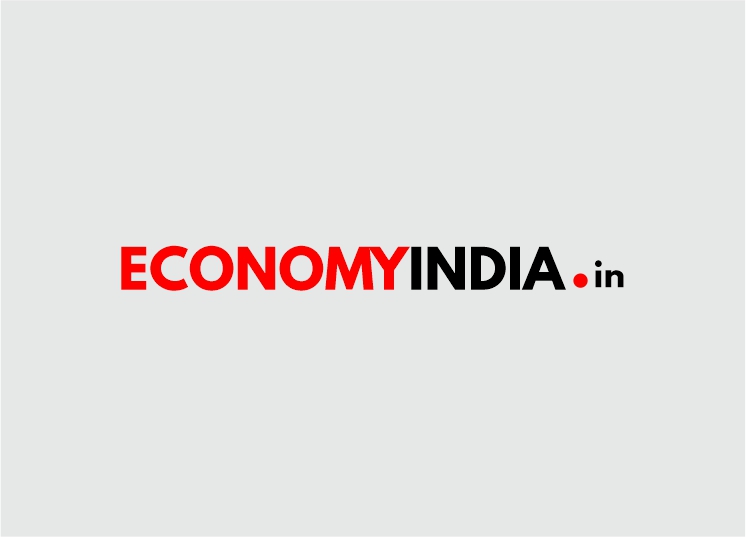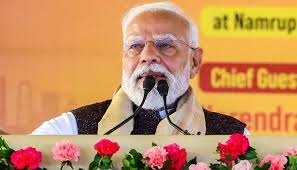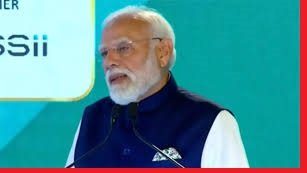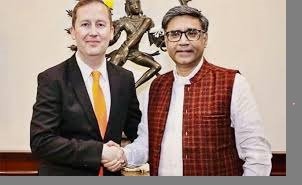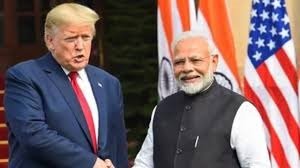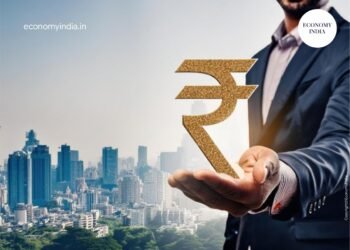As per the ‘World Inequality Report 2022’, India is among the most unequal countries in the world, with rising poverty and an ‘affluent elite.’
The report highlights that the top 10% and top 1% in India hold 57% and 22% of the total national income respectively while the bottom 50% share has gone down to 13%. The report was authored by Lucas Chancel and co-ordinated by renowned economists Thomas Piketty, Emmanuel Saez and Gabriel Zucman.
The average national income of the Indian adult population is Rs 2,04,200. Here, the bottom 50% of earns Rs 53,610 while the top 10% earns Rs 11,66,520, over 20 times more. In India, the top 10% and top 1% hold 57% and 22% of the total national income respectively while the share of the bottom 50% has gone down to 13%.
The report goes on to say that over the past three years, the quality of inequality data released by the government has seriously deteriorated which has made it particularly difficult to assess recent inequality changes.
The report notes that the share of public wealth across countries has been on a decline for decades now. Public assets typically include public buildings housing administrations, schools, universities, hospitals and other public services. The ‘secular decline’ in public wealth and rise in private wealth was exacerbated by the outbreak of the coronavirus pandemic.
Independence Economic Conditions
The report says that emerging economies like India and China experienced faster increases in private wealth than wealthy countries after they transitioned away from regulated economies. In India, particularly, private wealth went up from 290% in 1980 to 560% in 2020.
Going back in time, the report shows that the income inequality in India under the British colonial rule (1858-1947) was very high, with a top 10% income share around 50%. After independence, due to socialist-inspired five-year plans, this share was reduced to 35-40%. Owing to poor post-Independence economic conditions, India embarked upon deregulation and loosening controls in the form of liberalisation policies.
The report argues that these policies have led to one of the most extreme increases in income and wealth inequality observed in the world. It says that while the top 1% has largely benefited from these economic reforms, the growth among low and middle-income groups has been relatively slow and poverty persists.
Wealth Inequality
The average household wealth in India is around Rs 9,83,010. The bottom 50% of the nation can be seen to own almost nothing, with an average wealth of Rs 66,280 or 6% of the total pie. The middle class is relatively poor with an average wealth of Rs 7,23,930 or 29.5% of the total. The top 10% owns 65% of the total wealth, averaging Rs 63,54,070 and the top 1% owns 33%, averaging Rs 3,24,49,360.
In 2021, the wealthiest 10% of the population own 65% of total household wealth in India.
Gender Inequality
India is also considerably on the higher end of the spectrum. The share of female labour income share in India is equal to 18% which is significantly lower than the average in Asia (21%, excluding China) & is among the lowest in the world. Although, the number is slightly higher than the average share in Middle East (15%).
However, a significant increase has been observed since 1990 (+8 p.p.) but it has been insufficient to lift women’s labor income share to the regional average.
Wealthy Countries, Poorer Governments
Countries across the world have become richer over the past 40 years, but their governments have become significantly poorer. The report shows that the share of wealth held by public actors is close to zero or negative in rich countries, meaning that the totality of wealth is in private hands.
Following the outbreak of the Covid-19 pandemic, governments borrowed the equivalent of 10-20% of GDP, essentially from the private sector. The relatively lower wealth status of the governments can have an impact in curbing inequality in the future. (economic times)

